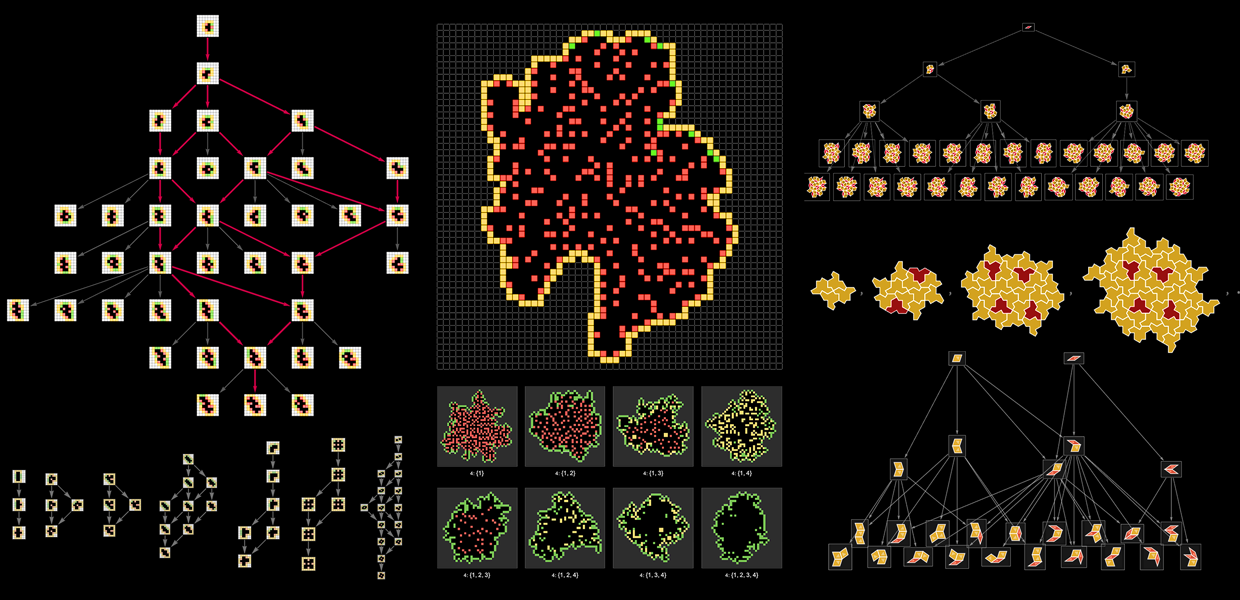My All-Time Favorite Science Discovery
June 1, 1984—forty years ago today—is when it would be fair to say I made my all-time favorite science discovery. Like with basically all significant science discoveries (despite the way histories often present them) it didn’t happen without several long years of buildup. But June 1, 1984, was when I finally had my “aha” moment—even though in retrospect the discovery had actually been hiding in plain sight for more than two years.
My diary from 1984 has a cryptic note that shows what happened on June 1, 1984:

There’s a part that says “BA 9 pm → LDN”, recording the fact that at 9pm that day I took a (British Airways) flight to London (from New York; I lived in Princeton at that time). “Sent vega monitor → SUN” indicates that I had sent the broken display of a computer I called “vega” to Sun Microsystems. But what’s important for our purposes here is the little “side” note:
Take C10 pict.
R30
R110
What did that mean? C10, R30 and R110 were my shorthand designations for particular, very simple programs of types I’d been studying: “code 10”, “rule 30” and “rule 110”. And my note reminded me that I wanted to take pictures of those programs with me that evening, making them on the laser printer I’d just got (laser printers were rare and expensive devices at the time). Continue reading










